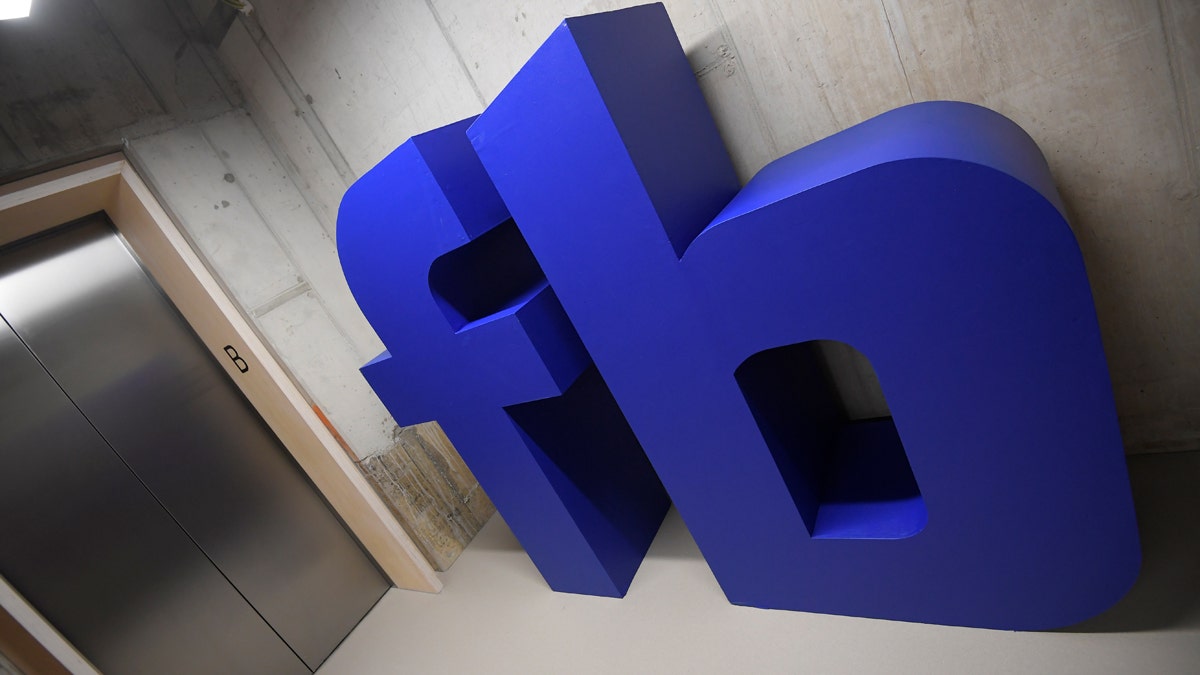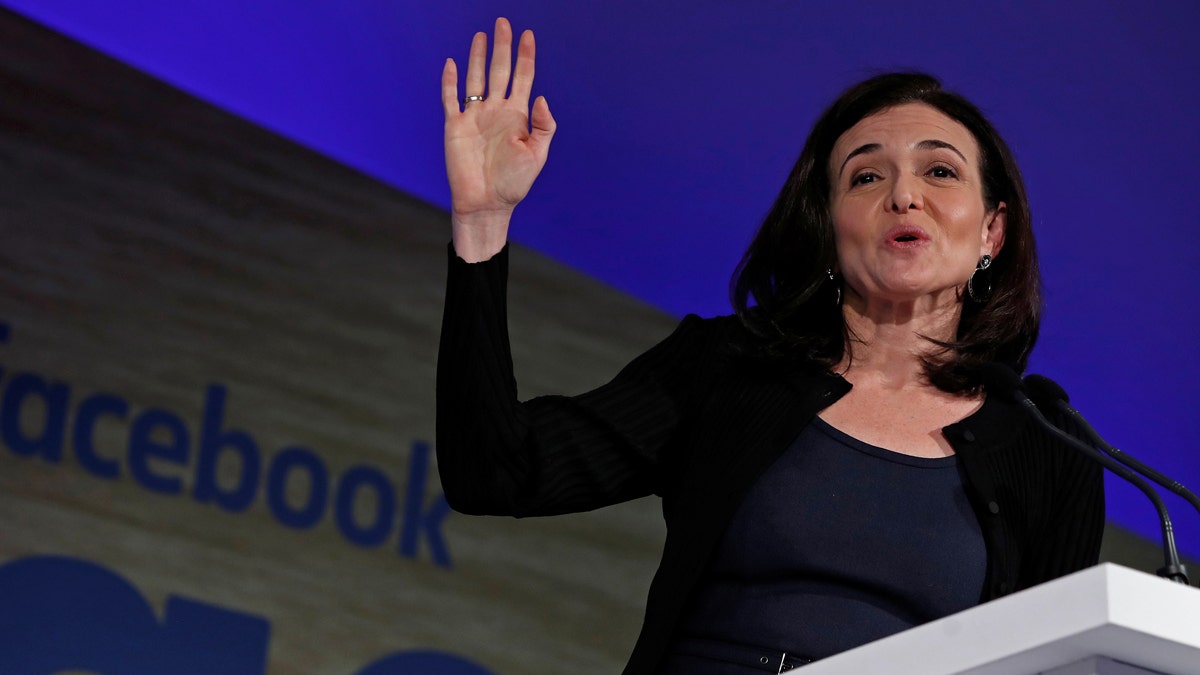
Facebook and other tech firms have come under fire for not doing enough to combat hate speech, terrorism and fake news on their platforms. (Reuters)
Facebook has ended its short-lived experiment with an alternative News Feed feature called “Explore” that was decried by journalists and regular users in the six countries where it was launched.
The trial bubble, which was instituted in October in Sri Lanka, Guatemala, Bolivia, Cambodia, Serbia and Slovakia, involved limiting users’ core News Feed to posts from family and friends and advertisements—while relegating posts and links from media organizations to a separate “Explore” feed.
In a March 1 blog post, the social network’s head of News Feed Adam Mosseri wrote:
We constantly try out new features, design changes and ranking updates to understand how we can make Facebook better for everyone. Some of these changes—like Reactions, Live Video, and GIFs— work well and go on to become globally available. Others don’t and we drop them. Today, we’re ending one of those tests: the Explore Feed.
The Explore Feed was a trial response to consistent feedback we received from people over the past year who said they want to see more from friends and family in News Feed. The idea was to create a version of Facebook with two different News Feeds: one as a dedicated place with posts from friends and family and another as a dedicated place for posts from Pages.
Regardless of the company’s intention, the response from its users was largely negative.
As Mosseri writes: “People don’t want two separate feeds. In surveys, people told us they were less satisfied with the posts they were seeing, and having two separate feeds didn’t actually help them connect more with friends and family.”
GOOGLE GETS SUED OVER RAMPANT 'BRO CULTURE'

Facebook COO Sheryl Sandberg is seen above. (Reuters)
Journalists and media companies in the countries where the experiment took place were also not happy with the experiment.
“The Facebook explore tab killed 66 percent of our traffic. Just destroyed it … years of really hard work were just swept away,” Dina Fernandez, a journalist and member of the editorial board at Guatemalan news site Soy502, told the Guardian. “It has been catastrophic, and I am very, very worried.”
The Guardian reports that in Slovakia, data from Facebook-owned analytics site CrowdTangle showed that “interactions”—engagement such as likes, shares and comments—plunged by 60 percent overnight for the Facebook pages of a broad selection of the country’s media Facebook pages.
The decision comes as the tech company is facing scrutiny from lawmakers in the U.S. for not doing enough to prevent foreign actors and purveyors of hate speech from harnessing Facebook. The tech firm has also admitted that it dropped the ball in terms of its role in faciliating Russia's interference in the 2016 presidential election.
At the Lesbian Who Tech conference on Friday in San Francisco, Facebook COO Sheryl Sandberg said: "Things happened in the last election that were unacceptable -- that we were not prepared for. We're definitely playing catch-up, and we acknowledge that. But we are working hard to get ahead and stay ahead."








































